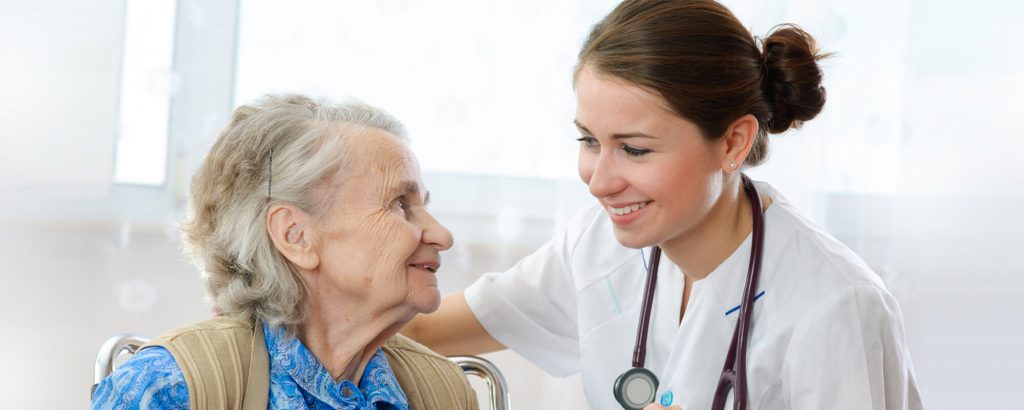If there’s one thing that profoundly affects an older person’s sense of well being and independence it is the fear of falling in their own home or outdoors.
It has been estimated that the cost to the NHS from fall injuries and the subsequent consequences is in the region of £2 billion annually, but the cost to the individual comes in the form of a loss of confidence and sometimes life-changing injury.
It is often the case that if someone has a fall it is likely to happen again if the cause is not investigated. Falls can be caused by several factors including confusion, dehydration, illness, reduced balance or impaired mobility. Certain medications such as diuretics or beta-blockers have been shown to increase the risk of falls.Impaired vision is also a major cause of falling in older people who fail to keep up with regular eye testing appointments.
Obstacles and hazards inside the home or outdoors also feature high on the list of fall causes. Trailing wires, uneven flooring – and uneven pavements or kerbs outside – plus worn carpets, wobbly chairs used to climb on are all reasons behind many fall accidents.
Preventing falls is one of the easiest and most important things home care services can do for their elderly patients.
Exercise to Keep Fit
When a person is physically active whether from regular activities such as gardening and walking or from a dedicated exercise routine, they will maintain muscle mass and bone density which means that if they do fall they are less likely to experience a fracture.
Swimming, walking and cycling, even dancing around the living room, all help with general fitness as well as cardiovascular fitness. In home care providers could help their patients with some balance-improving activities like catching a ball, standing on one leg or trying heel to toe walking. Improving balance helps enormously in preventing falls.

Diet and Personal Care
A varied and balanced diet is important in maintaining health and well being. Ensure their diet contains plenty of fresh fruit and vegetables along with food containing calcium, vitamin D and healthy carbohydrates for strength, energy and strong muscles and bones.
If your patient finds it difficult to eat large meals then consider giving them 4 or 5 small meals a day, spaced out regularly through the day and evening. This will help to keep blood sugar levels steady as well as preventing dizziness caused by not eating for several hours.
Make sure they drink regularly throughout the day to avoid dehydration. Choose water or tea rather than sugary drinks.
Get your patient’s eyesight checked regularly and if needs be consult a doctor or chiropodist to get problems like bunions, corns and verrucas dealt with as these can affect gait. An elderly person should see their GP for regular general checkups and medication reviews as well as treatment for any ear infections which can affect balance.
Finally, make the home as safe as possible by tidying away trailing wires and fixing loose flooring. Bright lighting and grab rails on stairs and in the bathroom all help to steady those who are less confident on their feet. And try to get your patient to resist the urge to wear worn slippers (a major fall hazard) or loose clothing which could wrap around their legs.
Taking note of these tips can not only avoid the short-term pain and suffering that comes from a fall, but the loss of confidence in their own mobility that could also ensue.
